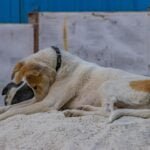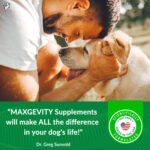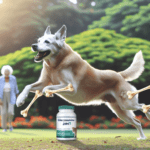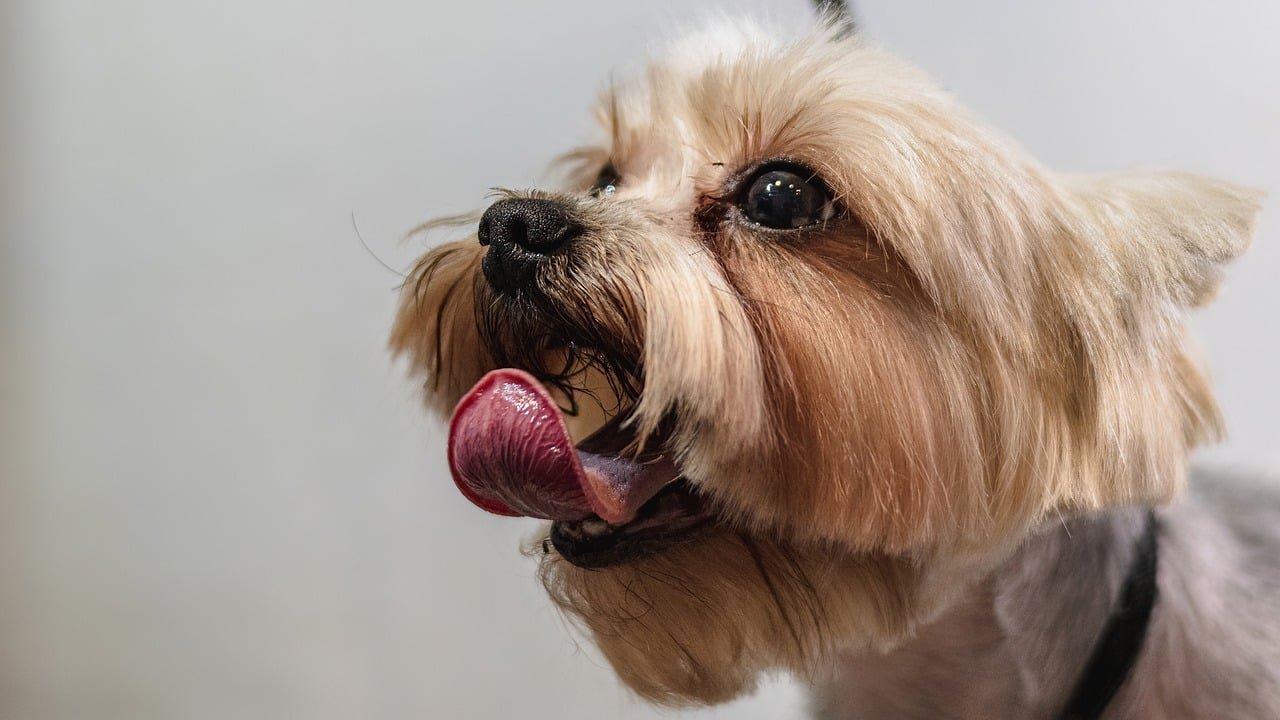
In “How Can I Improve My Dog’s Skin and Coat Health?”, you’ll discover a friendly guide packed with tips and advice to help keep your furry friend’s coat shiny and their skin healthy. From incorporating omega-3 fatty acids and glucosamine supplements into their diet to understanding the importance of a balanced nutritional plan, this article covers it all. You’ll also learn about natural remedies and essential vitamins that can support your dog’s overall health and well-being. Whether you have a young pup or a senior dog, these insights will help you maintain your companion’s optimal skin and coat condition, ensuring they look and feel their very best. So, let’s get started on this journey to enhance the health and happiness of your beloved pet! Have you ever noticed your dog scratching more than usual, or perhaps their coat isn’t as shiny and smooth as it used to be? These could be signs that your dog’s skin and coat health need some attention. A healthy skin and coat isn’t just about aesthetics; it’s a crucial part of your dog’s overall well-being. So, the question arises: How can I improve my dog’s skin and coat health?
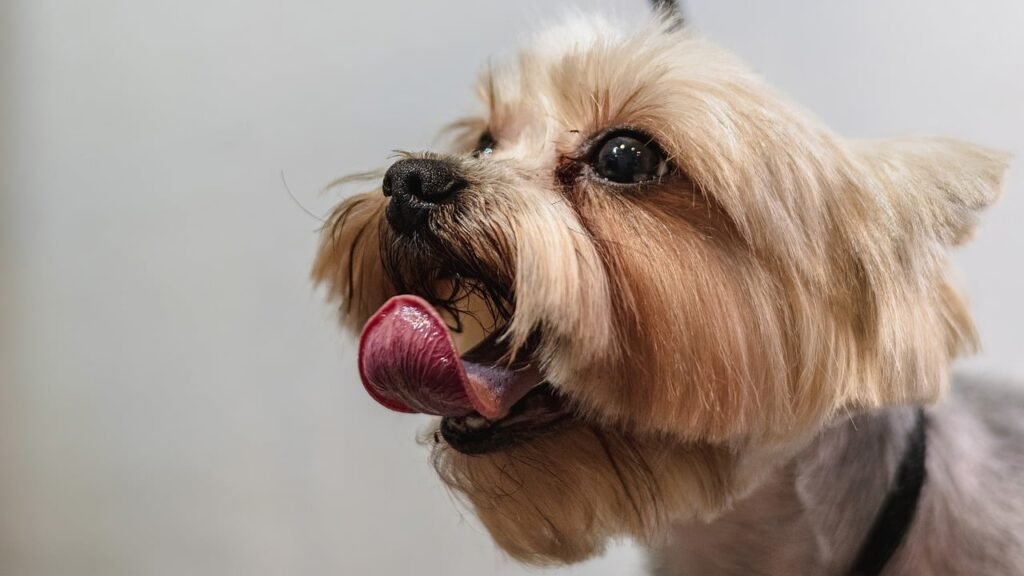
Understanding Your Dog’s Skin and Coat
Your dog’s skin is the largest organ and serves as a first line of defense against environmental hazards. The coat, likewise, is essential for protection and temperature regulation. When your dog’s skin and coat are in top condition, they’re not just looking good—they’re feeling good too.
The Importance of Skin and Coat Health
Healthy skin and coat are indicators of your dog’s overall health. Issues like dandruff, excessive shedding, or bald spots can signal underlying health problems. Furthermore, maintaining skin and coat health can help prevent infections and parasites from establishing a foothold on your furry friend.
Diet’s Role in Skin and Coat Health
What your dog eats plays a significant role in their skin and coat health. Just like humans, dogs need a balanced diet replete with essential nutrients to keep their skin and coat in check.
Key Nutrients for Skin and Coat Health
Here are some of the key nutrients that support a healthy skin and coat:
Omega-3 and Omega-6 Fatty Acids
Fatty acids are vital for reducing inflammation and keeping the skin hydrated. Omega-3 fatty acids, often found in fish oils, flaxseeds, and walnuts, are especially helpful.
Vitamins and Minerals
Essential vitamins like Vitamin E, A, D, and B-complex vitamins play crucial roles in maintaining skin and coat health. Minerals like zinc and selenium equally aid in skin integrity and repair.
Protein
High-quality protein from sources like chicken, beef, or fish provides the building blocks for healthy skin and fur.
Choosing the Best Diet
Feeding your dog a diet high in these essential nutrients can make a noticeable difference. Opt for high-quality dog food that lists real meat as the first ingredient and includes a blend of fruits, vegetables, and grains.
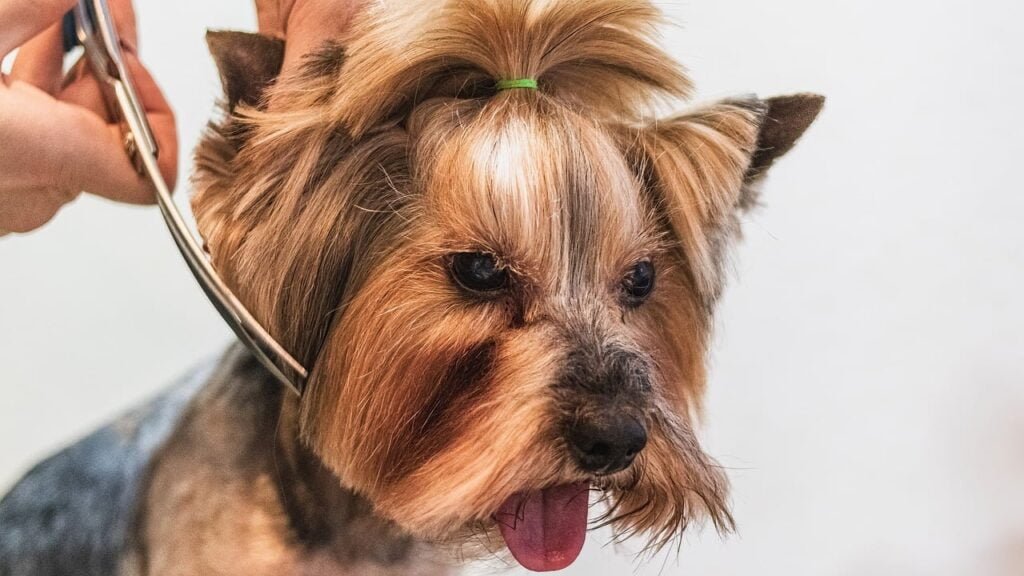
Supplements to Improve Skin and Coat Health
Sometimes, dietary changes alone may not be enough. That’s when supplements can come in handy.
Popular Supplements to Consider
Fish Oil
Fish oil supplements are packed with omega-3 fatty acids. They can reduce inflammation, leading to less itching and scratching.
Vitamin E
Vitamin E is an antioxidant that helps to maintain skin elasticity. Look for it in supplement form or in dog food labeled as enriched with Vitamin E.
Probiotics
A healthy gut can lead to a healthy coat. Probiotics help balance gut bacteria, improving nutrient absorption and consequently skin and coat health.
Glucosamine and Chondroitin
Although more commonly associated with joint health, these supplements can also improve skin flexibility and reduce irritation.
How to Use Supplements Safely
Always consult with your veterinarian before adding any supplement to your dog’s diet. This ensures you’re providing the right type and dosage for your dog’s specific needs.
Grooming for a Healthy Skin and Coat
Regular grooming is crucial for maintaining a healthy skin and coat. It not only makes your dog look good but also improves their comfort and health.
Brushing
Regular brushing removes dirt, spreads natural oils, prevents tangles, and boosts blood circulation to the skin. How often you should brush your dog depends on the breed and coat type.
Bathing
Over-bathing can strip natural oils off your dog’s skin, leading to dryness and irritation. Choose a gentle, dog-specific shampoo and bathe your dog as recommended for their breed and activity level.
Skin Check
During grooming sessions, take some time to check your dog’s skin for any abnormalities like lumps, bumps, or red patches. Early detection can make a huge difference in treatment outcomes.

Hydration is Key
Water is essential for keeping your dog’s skin hydrated. Make sure your dog has access to fresh water at all times. Dehydration can lead to dry, flaky skin which can cause discomfort and lead to other health issues.
Environmental Factors
Environmental conditions can also affect your dog’s skin and coat health. Understanding and mitigating these factors can go a long way in improving their well-being.
Allergens
Just like humans, dogs can suffer from various allergies. Dust, pollen, and mold can all irritate your dog’s skin. Regular cleaning and air purification can help minimize these allergens in your home.
Weather Conditions
Extreme weather conditions can impact your dog’s skin. During winter, the cold air can strip moisture from the skin, leading to dryness and flakiness. In summer, be cautious of sunburns, especially in dogs with short hair or light-colored coats.
Common Skin and Coat Problems
Understanding specific skin and coat issues can help you address them promptly and effectively.
Dry Skin
Symptoms of dry skin include flakiness, dandruff, and frequent scratching. This can often be a sign of poor diet or environmental factors.
Hot Spots
Hot spots are localized areas of skin inflammation and infection. These can be caused by allergies, infections, or excess moisture trapped beneath the fur.
Parasites
Parasites like fleas and ticks can cause itching, redness, and even hair loss. Regular use of preventive treatments is essential to keep these pests at bay.
When to See a Veterinarian
If you notice any persistent or severe changes in your dog’s skin and coat, it’s best to consult your veterinarian. They can provide a proper diagnosis and treatment plan.
Routine Check-ups
Regular veterinary check-ups can help catch issues early before they turn into more severe problems. Your vet can recommend specific treatments and products suitable for your dog’s needs.
Natural Remedies for Skin and Coat Health
Sometimes natural remedies can be just as effective as commercial products.
Coconut Oil
Applying coconut oil can help moisturize the skin and add shine to the coat. It’s also antifungal and antibacterial.
Oatmeal Baths
Oatmeal baths can soothe itchy and irritated skin. Simply add ground oatmeal to your dog’s bathwater.
Apple Cider Vinegar
A diluted solution of apple cider vinegar can be used as a rinse to alleviate itching and repel parasites.
Preventive Measures
Prevention is better than cure. Incorporate these practices into your routine to maintain your dog’s skin and coat health.
Regular Exercise
Exercise helps improve blood flow, which can lead to healthier skin and a shinier coat.
Balanced Diet
Feeding your dog a balanced diet tailored to their specific needs is crucial for maintaining overall health, including skin and coat condition.
Proper Hygiene
Maintaining proper hygiene through regular grooming and cleaning can prevent many skin issues.
Conclusion
Your dog’s skin and coat are more than just a pretty exterior—they’re indicators of their overall health. By focusing on a balanced diet, incorporating supplements, ensuring regular grooming, and maintaining proper hydration and hygiene, you can significantly improve your dog’s skin and coat health. Always consult your veterinarian for personalized advice and use preventive measures to keep potential issues at bay. After all, a healthy dog is a happy dog, and seeing them thrive is one of the most rewarding aspects of being a responsible pet owner.
Remember, caring for your dog’s skin and coat is a continuous process that involves a holistic approach. With love, attention, and the right measures, you can help your furry friend glow from the inside out.



